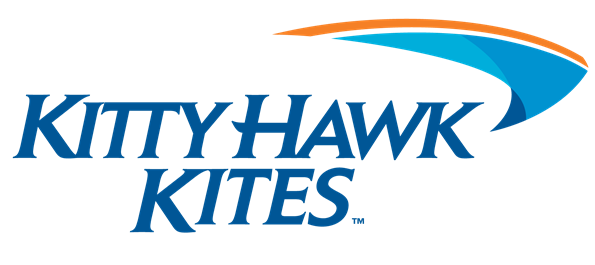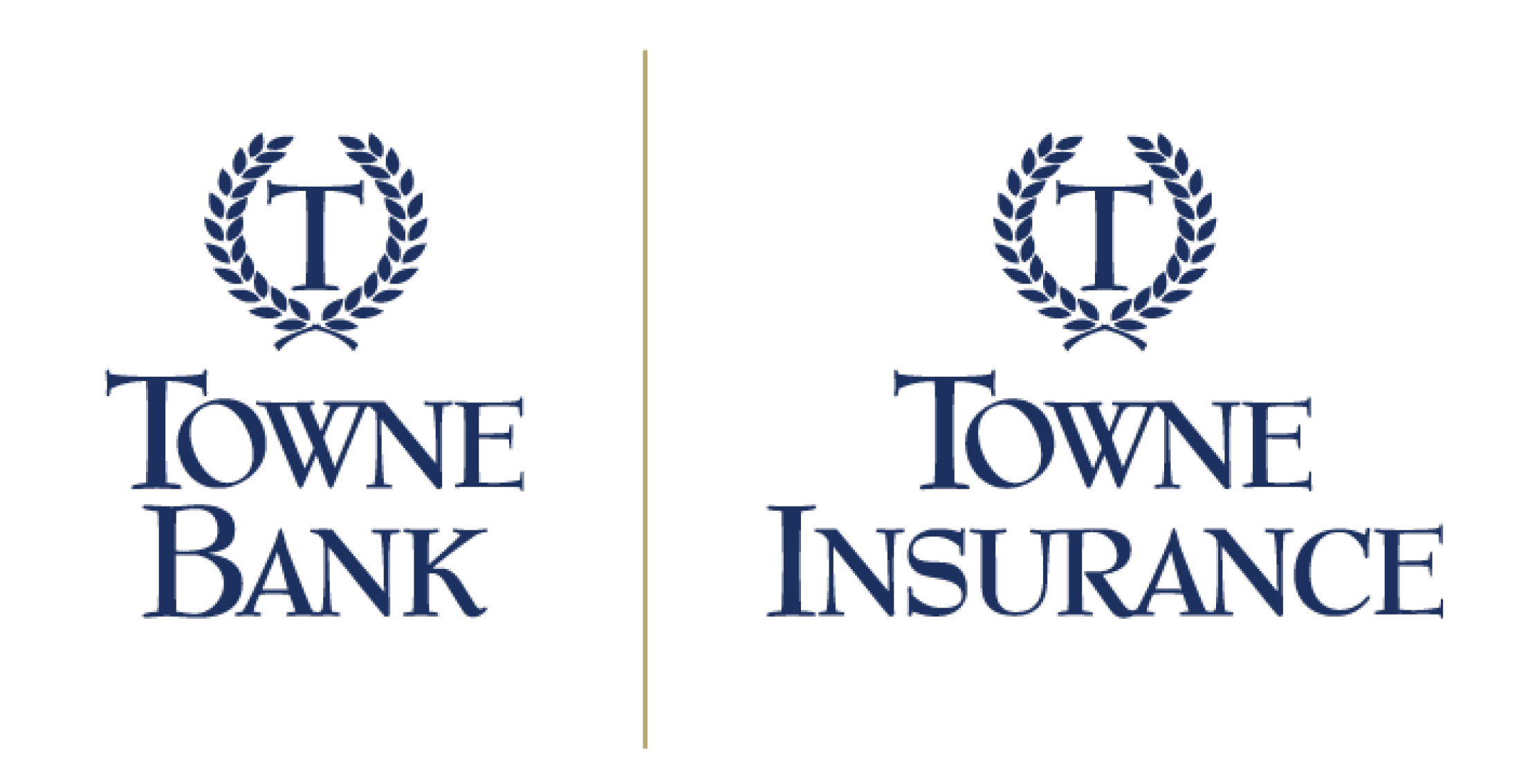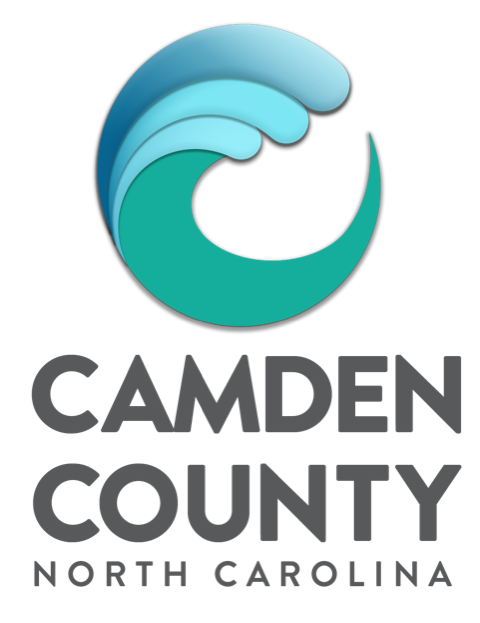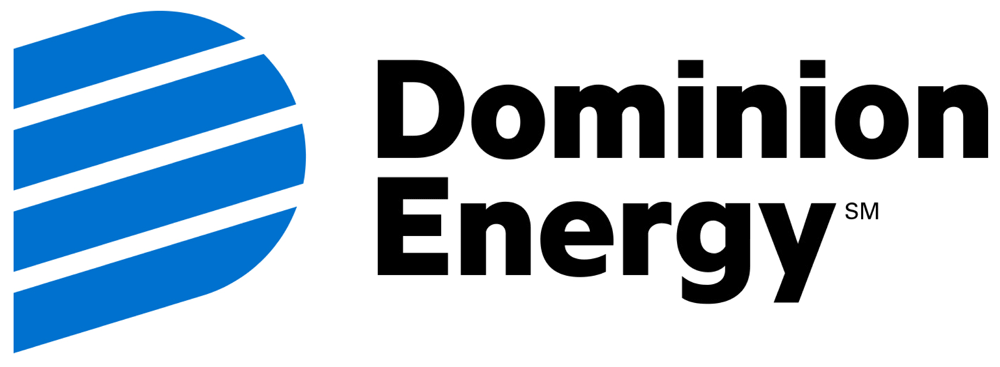By Clark Twiddy
President, Twiddy & Company
“To manage a crisis well is excellence; to avoid one altogether is mastery.”
COVID Lesson Crises leadership seems to have become all too normal to many of us. Few, if any, among us don’t spend at least a part of our day managing the various crisis response elements in a right-now time frame.
The energy spent in this mindset can be invigorating at first. Still, long-term, time spent on urgent decisions saps energy from the critical sustainability conversations that make for longer-term profitability. As we spend our days hurrying from one crisis to the next, it’s worth noting that the more time we spend in short-fused urgency, the less time we spend designing strategies to avoid them altogether in the future. In building our futures, our question becomes in thinking about how we make decisions with crisis-as-normal: Do we frame and implement a process for decisions or, because of our crisis mentality, are we stuck improvising a large chunk of our actual decisions? In other words, are we doing the most we can to avoid the next crisis?
For long-term sustainability, thinking about how to present and preface a decision can be even more important than most individual decisions.
Think about our Constitution as a Nation--it lays out a process, clarifies relationships, and shares a relatively small number of guiding principles but doesn’t make any decisions for today. One key advantage of this approach, from a business sense, is that it empowers decentralized decision-making, anticipates problem-solving, and is accessible to all stakeholders clearly and memorably. Of note, the Constitution itself was written in a crisis.
As we build our businesses and seek prosperity, we’ll inevitably need the help of both our network outside of our businesses and our teams within our businesses to make that pursuit a reality. The better the framework for decision-making, the more effective both our internal and external teams will be in making crisis decisions that are seemingly always time-sensitive. As a business leader, time spent avoiding the next crisis said a bit differently, is time well-spent.
So, we ask ourselves as we grow--how do we make decisions and how can our partners around us anticipate those decisions and in turn make faster and better decisions themselves? To go from short-term excellence to long-term mastery, pivoting from improvisation to systemic decision-making is a key inflection point in any company's growth. That journey should be showing up in our day-to-day calendars as perhaps the most important priority of our day.
Clark Twiddy is president of Twiddy & Company on the Outer Banks of North Carolina. He can be reached at ctwiddy@twiddy.com























